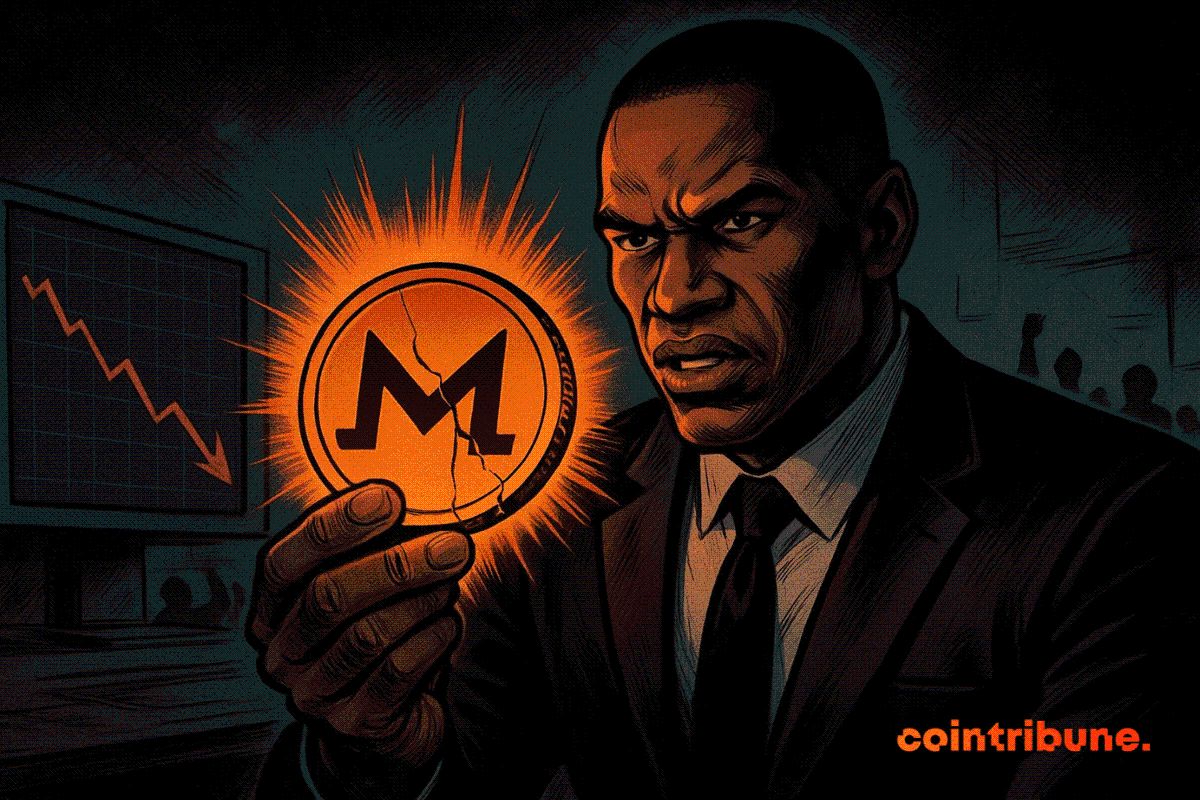Asian powerhouses Japan and South Korea advance stablecoin regulatory efforts
Japan and South Korea are moving quickly to create clearer rules for stablecoins as global interest in digital currencies grows.
Stablecoins are cryptocurrencies designed to hold steady value by linking to fiat currencies, commodities, or other assets. Their use in payments, trading, and DeFi has expanded rapidly, with forecasts suggesting the market could grow into the trillions in the coming years.
Japan eyes first yen-backed stablecoin
In Japan, the Financial Services Agency (FSA) is reviewing plans for a yen-pegged stablecoin for cross-border payments, corporate transactions, and DeFi.
Tokyo-based fintech firm JPYC is spearheading this project. The firm intends to register as a money transfer operator in August and launch token sales soon after.
According to reports, JPYC plans to support the stablecoin with liquid assets, including bank deposits and government securities, to ensure it stays closely tied to the yen. The company aims to issue roughly 1 trillion yen (around $6.78 billion) over three years.
Additionally, the token will be made available to individual users, businesses, and institutional investors, offering a regulated alternative for various financial activities.
South Korea prepares stablecoin legislation
On the other hand, South Korea’s Financial Services Commission (FSC) is reportedly expected to submit a stablecoin regulation bill to the National Assembly by October.
Lawmaker Park Min-Kyu has confirmed that legislators have already received briefings on the framework. Once passed, the legislation will define requirements for issuing stablecoins, managing collateral, and maintaining internal risk procedures.
The proposed rules are part of South Korea’s broad effort to regulate digital assets. Industry observers note that local banks are already preparing to enter the market once a clear legal framework is established, signaling strong institutional interest.
Meanwhile, Japan and South Korea’s efforts are part of a global trend of regulatory frameworks being introduced in major economies like the US, Europe, and Hong Kong to oversee tokens in this fast-rising sector of the crypto industry.
Disclaimer: The content of this article solely reflects the author's opinion and does not represent the platform in any capacity. This article is not intended to serve as a reference for making investment decisions.
You may also like
Can the 40 billion bitcoin taken away by Qian Zhimin be returned to China?
Our core demand is very clear—to return the assets to their rightful owners, that is, to return them to the Chinese victims.

Bitcoin Surges but Stumbles: Will Crypto Market Recover?
In Brief Bitcoin fails to maintain its position above $93,000 and faces heavy selling pressure. Altcoins experience sharp declines, with some showing mixed performance trends. Shifts in U.S. spot Bitcoin ETF flows highlight cautious investor behavior.

Qubic and Solana: A Technical Breakthrough by Studio Avicenne

